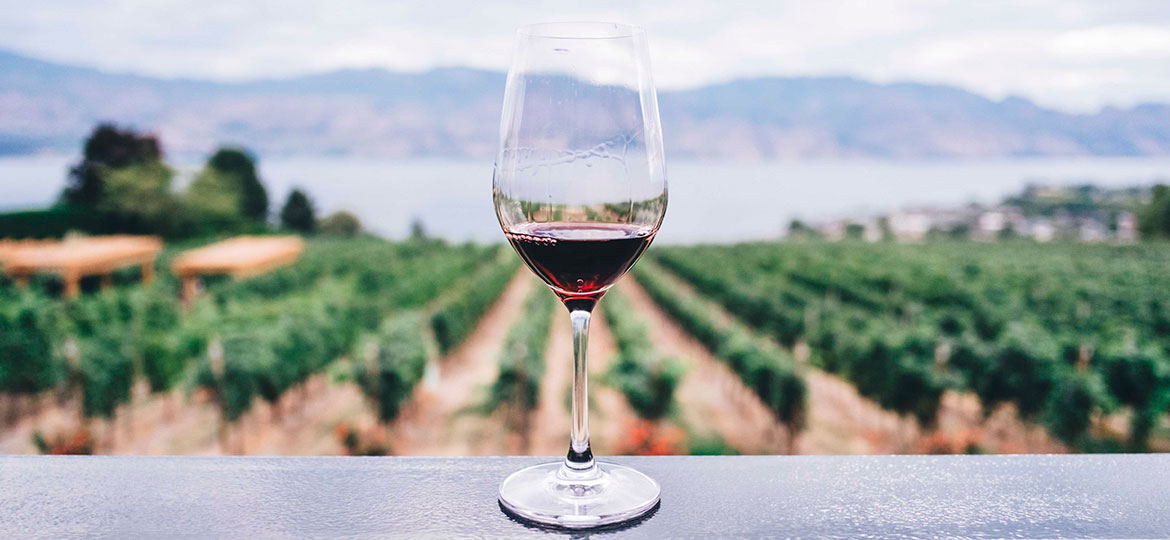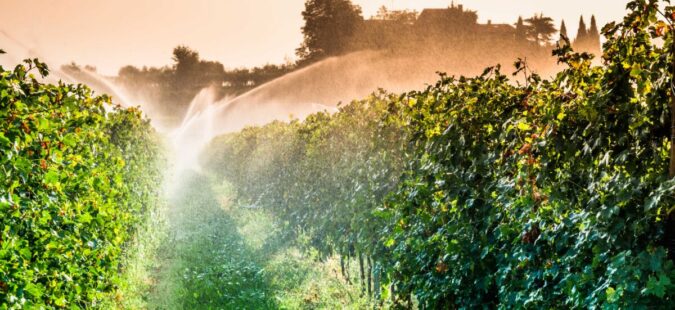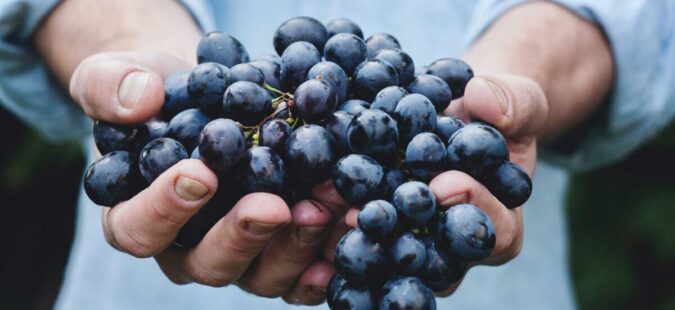
The Benefits of Efficient Water Management in the Wine Industry
The increase in wine consumption in recent decades has led to a rise in the number of vineyards and wineries around the world. Today, this increased production of grapes and wine, combined with droughts and climate change, mean that now, more than ever, water needs to be used efficiently and sustainably in both cultivation and the wine production process. Water efficient use is clearly a key part of sustainability in the wine industry, along with energy efficiency, emissions and waste reduction, and other factors.
Increased reuse of treated wastewater for agricultural purposes, and specifically for grape cultivation, would reduce extraction from surface and groundwater bodies, reducing the impact of treated wastewater discharges, saving water and ensuring a high level of environmental protection. This, combined with other efficient techniques such as drip irrigation, soil moisture control or sensorization, results in quantitative and qualitative benefits for both the wine industry and the environment.

Taking into account the large quantity of water required for agriculture and the climate conditions of the region, on 7 April 2020, the European Union announced a new regulation facilitating the use of treated urban wastewater for agricultural irrigation, thus reducing the risk of a shortage of water for crop irrigation and helping Europe to adapt to the consequences of climate change. The regulation, which fits perfectly into the circular economy, will improve water availability and encourage efficient use, especially for the countries of southern Europe, which are more exposed to long periods of drought.
For the economic activity of wine production, wastewater management, which includes collection, treatment and subsequent reuse, is inextricably linked to the efficiency of winery operations and long-term benefits. It is both an economic and an environmental or technical issue, whose benefits include:
- Lower operating costs.
- Reduced labor time and costs through improved cleaning procedures.
- Improved production efficiency.
- Lower water supply costs, wastewater disposal fees or surcharges.
- Avoids damage to the environment.
- Improved relationships and reputation with consumers, local communities and regulators.
When wastewater from wineries is discharged to the soil, it can cause an increase in salinity and acidity, which impairs growth of vegetation and the soil biota. It can also have a detrimental effect on surface and groundwater ecosystems by increasing growth of microbes and algae that consume the oxygen that other organisms need to survive (*).
In addition, there is increasing market demand for sustainable wine production, and effective management of water resources and pollution prevention are part of that equation. Wineries can stay ahead of the game by integrating management strategies before regulations or emergencies (for example, system failures) require a rapid response. This gives them the freedom to choose practices and technologies that make the most economic sense for the business and help improve the current environmental situation.

At Almar Water Solutions, we develop water infrastructure adapted to the needs of the wine industry, covering a wide range of solutions, from desalination to water treatment, purification, reuse and distribution networks. We also have a business line specialized in the operation and maintenance services for water treatment plants, guaranteeing optimal, efficient performance of the infrastructure, using state-of-the-art management systems and computerized models. This is the case of the Ariztia Arica projects to provide a wastewater treatment plant for a poultry company, or Novaustral, for the salmon industry. We provide service to different food and beverage companies, as well to companies in other industrial sectors.
As society has progressed, demand for resources has skyrocketed, as has the consumption of energy, water and food, which has grown even faster than the population. For this reason, Almar Water Solutions is collaborating on different initiatives at the Abdul Latif Jameel Water and Food Systems Lab, which is working to provide support, financing and know-how to the creation of companies, technologies and publications related to the safe and sufficient supply of water and food. Since it was established in 2014, J-WAFS has financed more than 60 projects involving over 200 researchers on a variety of topics, including: biological science and crop engineering; new fertilizers and soil sensors; innovative water filters and advances in energy efficiency for desalination; qualitative and quantitative research on water, food and agricultural policy and practice; supply chain interventions and food safety solutions; and much more.
Also, in regard to renewable energies, the company has the experience and knowledge of its sister company, Fotowatio Renewable Ventures (FRV), which is a leader in providing comprehensive clean and renewable energy solutions worldwide. FRV is a strong supporter of sustainable growth and its goal is to make energy from renewable sources the best possible energy alternative to fossil fuels, helping to improve and protect the future. Renewable energies are indispensable when producing clean energy for water treatment plants.
Achieving sustainable viticulture is important not only for the present, but also for the future. Efficient management of water resources for crops and processes will help to create exceptional wines and generate profitable business, while at the same time promoting the circular economy, preserving the environment and improving relations with end consumers and the community.
(*) Source: Winery Process Wastewater Management Handbook, Sustainable Winegrowing British Columbia

